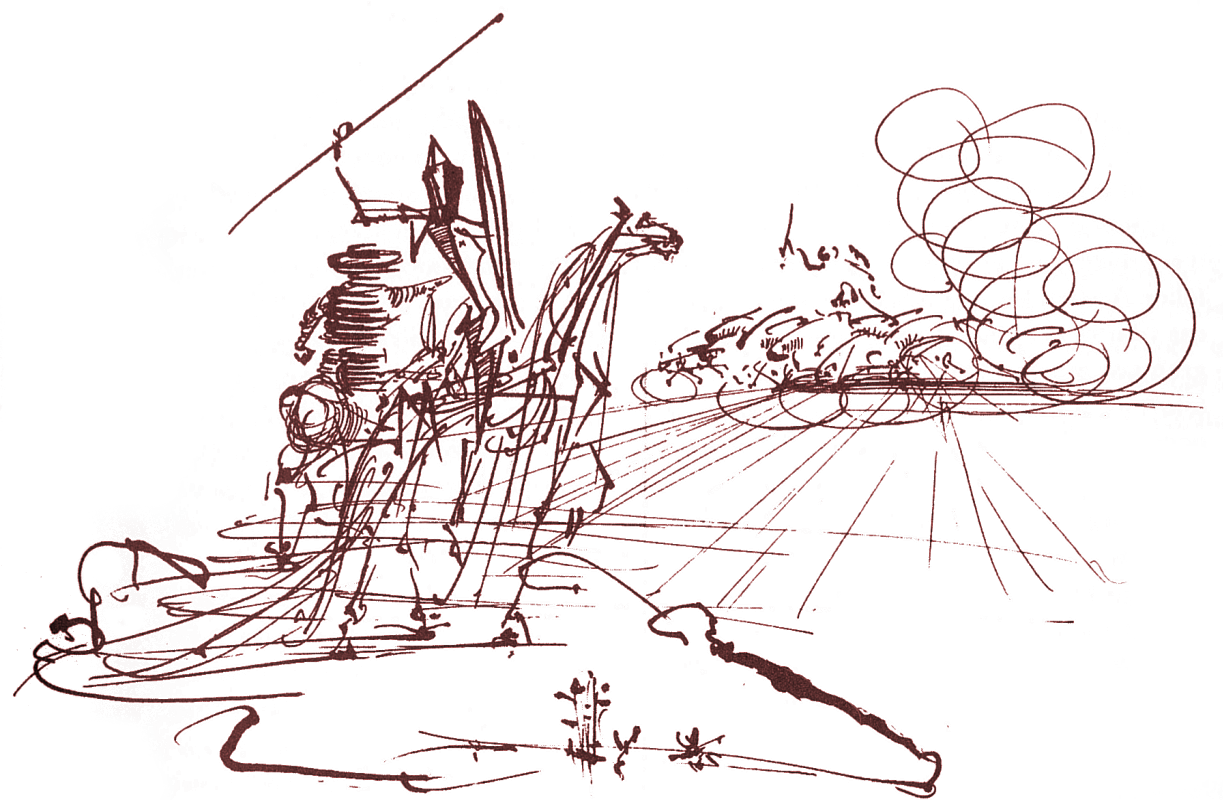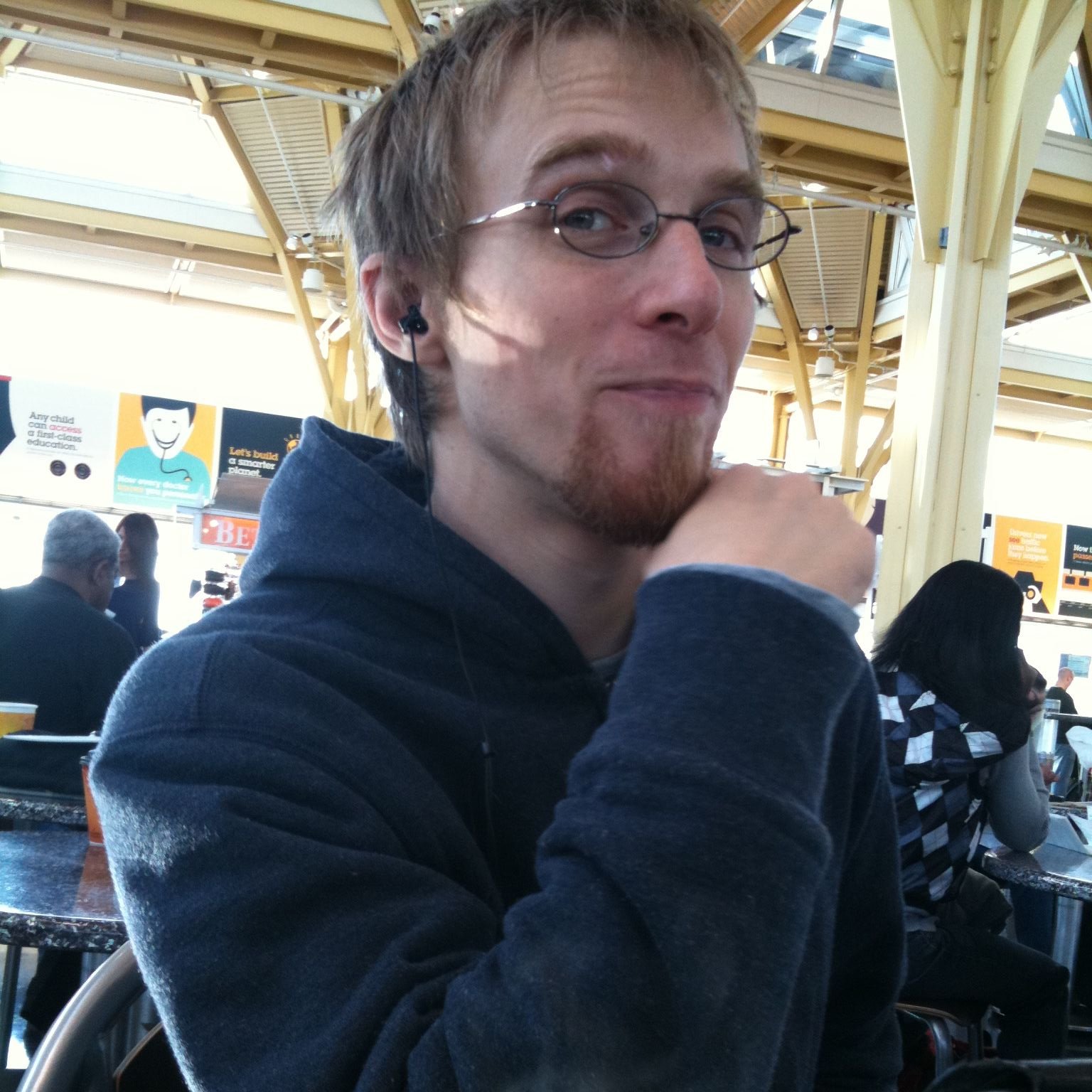Evil as a failure to choose
Like What You're Reading? Subscribe:
You Might Also Like...
About the Author
Hi. My name is Jeremiah John. I'm a sf/f writer and activist.
I just completed a dystopian science fiction novel. I run a website which I created that connects farms with churches, mosques, and synagogues to buy fresh vegetables directly and distribute them on a sliding scale to those in need.
In 2003, I spent six months in prison for civil disobedience while working to close the School of the Americas, converting to Christianity, as one does, while I was in the clink.


In his book, Good and Evil, Martin Buber talks about the different stages of evil. For Buber, the most common stage of moral existence is that of the person inundated with choice, swept along by the flow of reality as though caught in a current. Because, in this current, we do not have the luxury of reflection, we seize upon the nearest object that matches our immediate, parboiled desire and devour it. Of course, we must decide, we must seize upon a thing. We are overwhelmed, but we act nonetheless.
In his words, "In the swirling space of images, through which he strays, each and every thing entices him to be made incarnate by him; he grasps at them like a wanton burglar, not with decision, but only in order to overcome the tension of omnipossibility; it all becomes reality, though no longer divine but his, his capriciously constructed, indestinate reality, his violence, which overcomes him, his handiwork and fate."
In this way, we become something other than ourselves, as we pull arbitrary choices from ommipossibility in a frantic state of forced decision, because we lack the ability to choose. We will that which we are not, and in doing so, will a lie. In this way, evil is a betrayal of the self, it is a lack of a true identity. Evil, in this stage, is not the result of a conscious choice, a lack of choice, stemming from a deficit of self-knowledge and a un-established true identity.